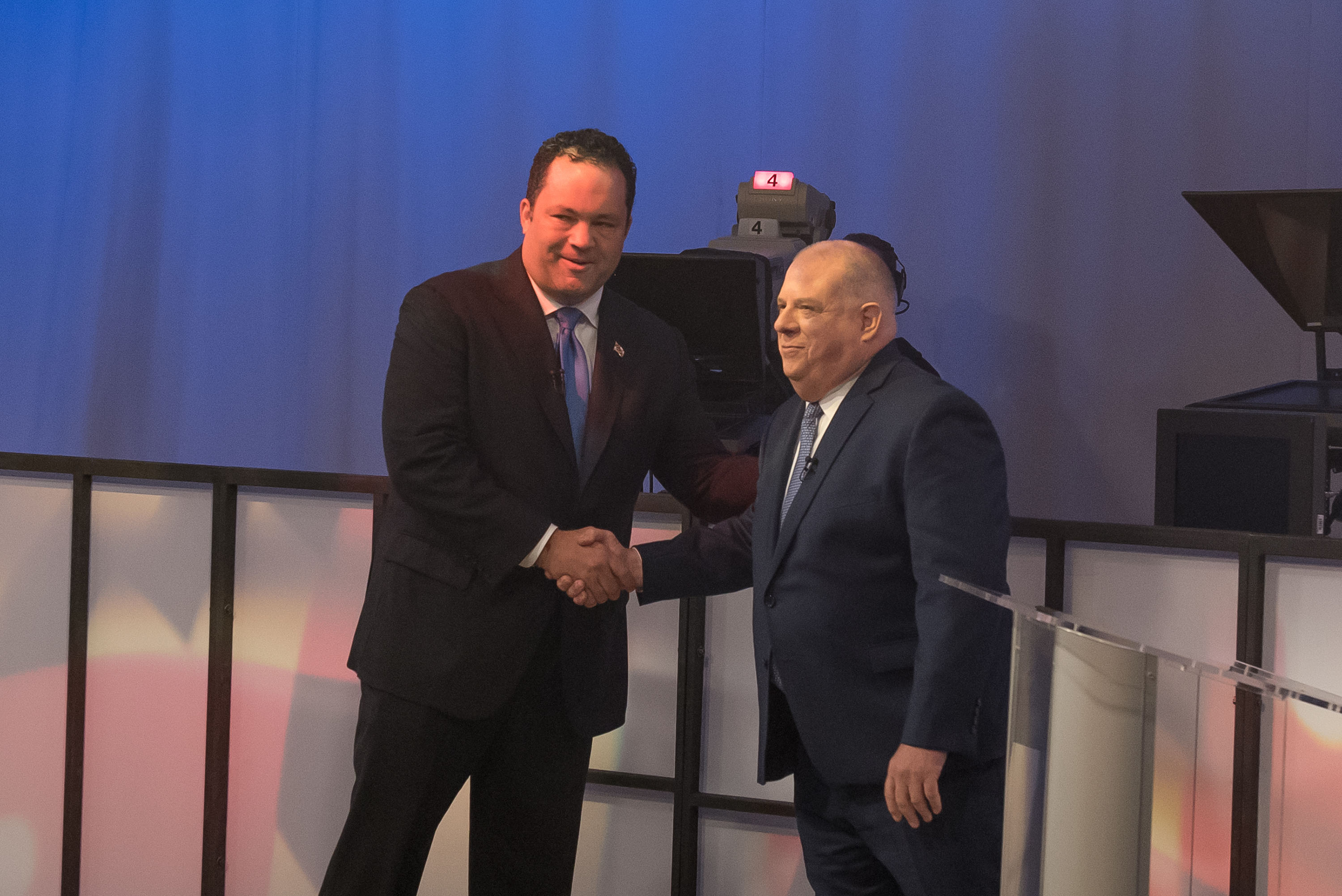Views expressed in opinion columns are the author’s own.
Maryland gubernatorial candidate Ben Jealous — who’s 16 points behind in the polls — made a bold promise Friday: He’d have a cabinet that’s at least half women, and reflects the diversity of the state. As a goal, a gender-representative cabinet sounds like an amazing and important step. But as a promise, it sounds like a hollow, patronizing political tactic.
For me, a woman studying electrical engineering, walking into a classroom and seeing only one or two other girls is not only unsurprising — it’s expected. To help remedy this, there are several programs on campus that support female engineers, such as Women in Engineering, the Society of Women Engineers and the Flexus Living and Learning Community.
What makes these programs work is the culture — they focus on young women as individuals, giving them a supportive community that empowers and inspires them to pursue a career in a field that is traditionally male-dominated. They don’t set a quota.
If we want to see a gender-diverse cabinet, we should be turning our focus to our children. Studies indicate the lack of women in STEM fields — such as engineering — originates from inherent biases imposed on young kids by adults. To combat the problem, many programs have emerged that aim to break these stereotypes at a young age, encouraging girls to pursue math and science, and creating educational tools that make STEM fields more accessible.
In politics, women battle a major double standard. If they act less assertive than their male peers, they are often overlooked for leadership positions. However, if they are more ambitious and outspoken, they are much more likely to be perceived as bossy and unlikeable. To achieve gender equality in government, we need to start by removing this culture and teaching children from a young age that girls can be strong, competent and outspoken without all of the negative connotations.
Diversity, whether it be gender, racial, socioeconomic or even political, is important because it brings different ideas and opinions to the table. Otherwise, we would perpetuate a shallow echo chamber and never progress as a society. Equal gender representation is decidedly critical, but we need to achieve it as a byproduct of cultural change and a reflection of an evolving society — not as a forced promise made by a politician trying to play catch-up in the polls. We are, after all, part of one whole — not one half.
Alyssa McKinney is a sophomore electrical engineering major. She can be reached at alyssa.cmck@gmail.com.



